A knock at the door and 20 years of his life were taken
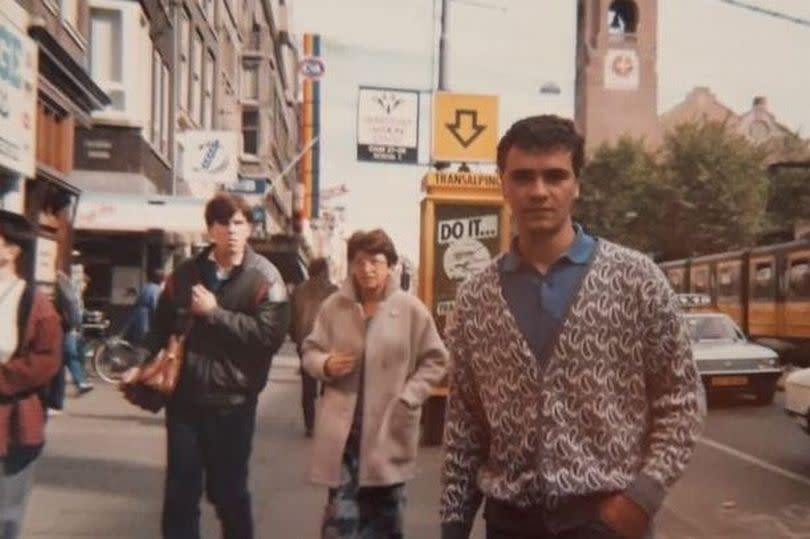
On the morning of August 2, 2003 there was a knock on Andrew Malkinson’s door. It was the police. They told him he matched the description of a man who had brutally attacked and raped a young mother-of-two on a motorway embankment in Little Hulton.
They arrested him for attempted murder and rape. Mr Malkinson took part in a video lineup convinced everything was about to be ‘cleared up’. But the victim identified him.
The harrowing nightmare that consumed his life from that moment on is almost impossible to comprehend.
READ MORE: Greater Manchester Police issue statement ahead of BBC documentary on Andrew Malkinson
Just over six months later he was falsely convicted by a jury at Manchester Crown Court of rape and sentenced to life a minimum term of seven years. As he was sent down Mr Malkinson said aloud: “I’m completely innocent”.
He went on to spend a staggering 17 and a half years behind bars for a crime he did not commit - he could have been freed after six years if he had given a false confession.
Tonight (June 6) The Wrong Man: 17 Years Behind Bars on BBC Two lays bare the shocking failings of the British legal system and the appalling miscarriage of justice Mr Malkinson suffered.
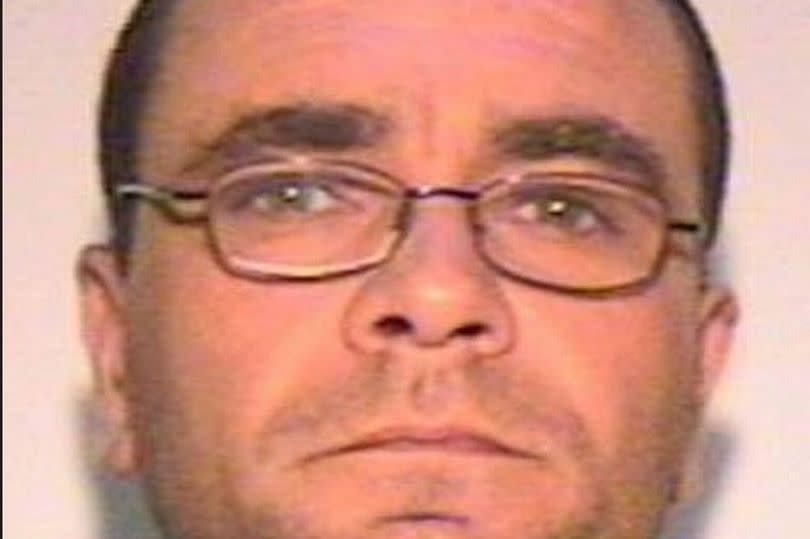
On March 30, 2004, Mr Malkinson, then 37, began his life sentence on the sex offenders wing in HMP Frankland.
His rape conviction came despite there being no forensic evidence to put him at the scene. The prosecution's theory was this was because the attacker was forensically aware and had worn a condom.
When the victim was asked by the prosecution barrister during the trial whether the man who raped her was in court she said yes. Asked how sure she was she said: ‘100 percent’.
The press - including the M.E.N - reported on the nature of the attack; the police appeal, the court case, and wrote of Malkinson being described by police as "a dangerous man" and a "monster" by the woman who was raped. More recent coverage has turned to Mr Malkinson’s campaign to clear his name.

The M.E.N's chief reporter Neal Keeling followed the case from the beginning and appears in tonight's BBC documentary. As the MEN's Salford district reporter at the time his involvement in the case began a few days after the rape which happened in the early hours of July 19th 2003.
The victim, then 33, had rowed with her boyfriend at his home. She left the property and he assumed she had gone for a short walk. But she had decided to walk to her home several miles away.
On the way, she walked down Armitage Avenue in Little Hulton and a man shouted from bushes: "I suggest you come into the bushes, I have a gun pointing towards you".
She carried on walking, but, at a motorway bridge where Cleggs Lane in Little Hulton meets Buckley Lane in Farnworth, she was grabbed by a man who had stalked her for two thirds of a mile. During the assault the woman suffered a fractured cheek bone, an injury to her voice box, and a laceration to her breast.
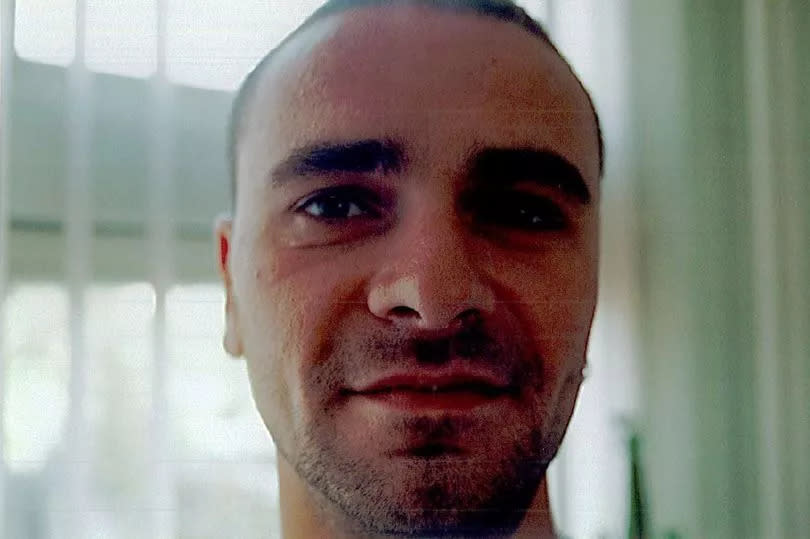
Greater Manchester Police gave Mr Keeling a description of the rapist provided by the victim for his coverage.
He was described as 5ft 8in, with a "body-builder type" physique; in his early to mid 30s. He had a flat stomach and muscles, olive skin, and thick wavy dark brown or black hair. His chest was shiny and hairless.
Mr Malkinson is 5ft 11in, has chest hair, and is originally from Grimsby. He had been living in the Walkden area for only a short time after moving back to the UK after living abroad.
Ten days after the rape, police issued an e-fit of the suspect based on the victim's description. Mr Malkinson's life changed when two neighbourhood officers in the Litttle Hulton and Walkden area stopped him as he rode pillion on an off-road motorbike with the son of a couple he was staying with at the time in Walkden.
The officers thought Mr Malkinson looked like the man in the e-fit and he was later arrested. A judge would later recommend the two beat officers should receive a commendation.
Mr Malkinson, now 58, has since described his arrest as being "kidnapped by the state".
‘I’m an ordinary citizen, and ordinary people should be aware that they can be taken. Just taken, it can happen to anybody and once they’ve got you they don’t wanna let you go.
“You can’t prepare yourself, you don’t see it coming. It’s just poof and your life changes in an instant,” he said.
After being identified Mr Malkinson was remanded into custody to await trial.
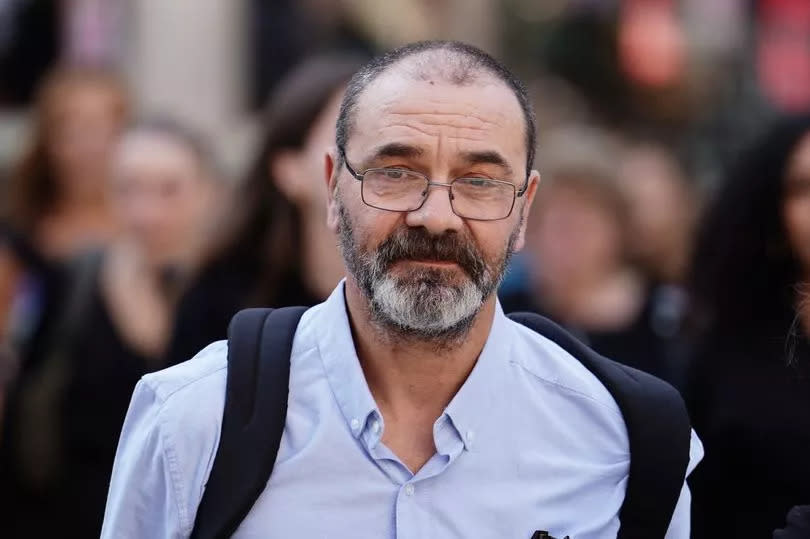
Remembering standing in the dock awaiting to learn his fate, he said: “I looked around the court, I saw the jurors, I saw the judge and I can’t believe this is happening. It’s just so insane it’s like a parallel nightmare world. The whole world hates you right now.”
Looking back at the years he spent behind bars he said: “I was just terrified. For the first few weeks, months you just don’t think you’re going to make it.
"One week it drags over to the next and then it drags over and this slow time cycle when nothing happens for months on end it’s hard to describe. It’s like a different dimension of time”, he said.
“I’d wake up and go, oh f*** I’m still here. Wouldn't it be nice if I could just not wake up and just sleep,” he added.
Immediately after the trial Mr Malkinson launched an appeal against his conviction. The appeal was based on contaminated swabs and weaknesses in the identification evidence.
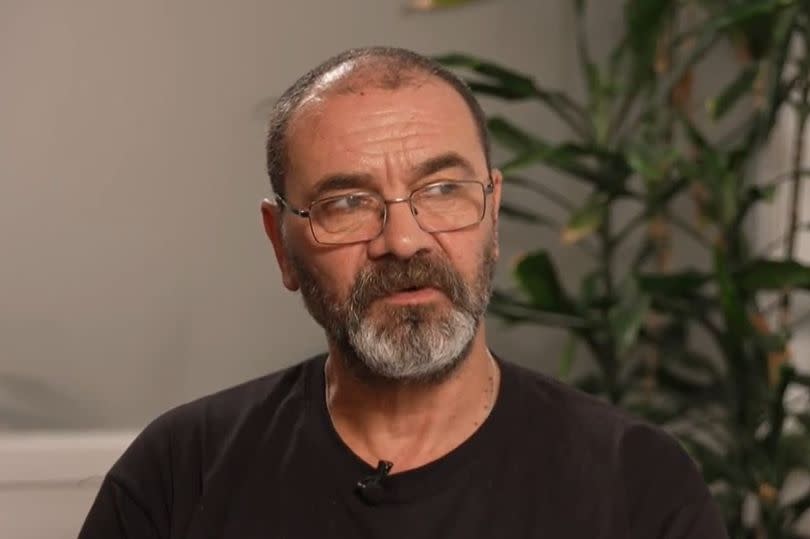
It was dismissed in 2006 after the Court of Appeal decided the grounds weren’t strong enough to overturn a conviction.
The following year the victim’s vest top was tested again for DNA. A man’s DNA was found and it was not Mr Malkinson’s.
Mr Malkinson made an application to the Criminal Cases Review Commission (CCRC), the only organisation that can send a case back to the Court of Appeal, but his application was rejected. The CCRC did not consider the new DNA evidence to be a strong enough reason to investigate further.
In a letter sent from prison to his former partner and best friend Karin following the decision, Mr Malkinson wrote: “It feels like the walls are closing in on me. Crushing me.”
In order to be eligible for parole Mr Malkinson was told he had to attend an offending behaviour programme that would require him to admit to the crime he was convicted of. He refused. He was deemed to be in ‘denial’ and not released for parole.
In 2017 Mr Malkinson turned to the organisation APPEAL for help after 14 years behind bars. They took on his case.
APPEAL requested access to the victim’s clothing in order to carry out further DNA testing but the police could not find key exhibits in the case. APPEAL then discovered the force had destroyed the victim’s vest top in 2016 which had another man’s DNA on it.
In a stroke of luck APPEAL then discovered samples from the destroyed items from the case, including the vest top, had been retained by a body that was independent of the police.
The first set of results confirmed the finding that there was an unknown male’s on the victim’s vest top.
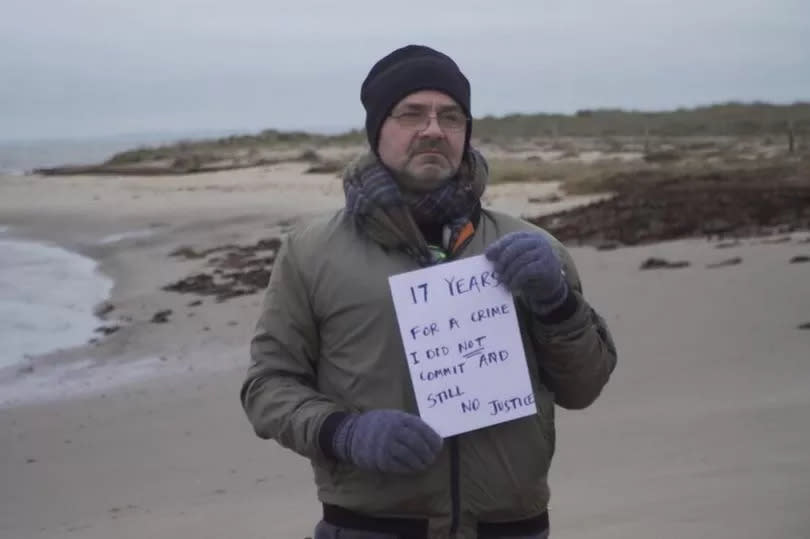
In 2020 after more than 17 years in prison Mr Malkinson was released on a life licence which meant he was still considered a sex offender in the eyes of the law.
APPEAL made another application to the CCRC after discovering the two witnesses in Mr Malkinson’s case, who claimed they saw him following the victim on the night of the attack, had amassed convictions for 26 dishonesty offences.
In January last year, two years after Malkinson’s release, the CCRC decided to refer the case back to the court of appeal on the basis of new forensic evidence including a significant match from the national DNA database.
The DNA has been found to match that of a man previously unconnected with the investigation and unknown to the victim, referred to as Mr B, who lived in the vicinity of the location where the attack took place.
In July the Court of Appeal quashed Mr Malkinson’s conviction after hearing that a breakthrough in DNA evidence had resulted in a new suspect being arrested.
Despite the DNA match with Mr B nobody has yet been charged with the attack. Mr Malkinson is yet to receive any compensation and is currently living off benefits.
He said: “I wanted to prove my innocence and I’ve done that but I’ve lost 20 years of my life and no apologies or platitudes about lessons learned can ever make up for what they did to me.
“The damage is done. The pain doesn’t go away. It doesn’t go away.”
On how the experience has affected him he said “I need a reality check on my thinking sometimes when the panic and the nightmares and the flashbacks get overwhelming,” he added.
“I get panic attacks, and I often spend too much time thinking about what’s happened when I should be spending as little time reliving that as possible. But of course some recall is necessary. I feel I have to tell the story.”
Ahead of the documentary airing tonight Greater Manchester Police has issued an apology to Mr Malkinson.
A GMP spokesperson said: "We’re truly sorry for our failures that led to Andrew Malkinson’s wrongful conviction.
"The issues raised in tonight’s BBC documentary are part of the ongoing inquiry we’re fully co-operating with. We must bring the true offender to justice. We’ve recently passed a file to the CPS."

 Yahoo News
Yahoo News 
